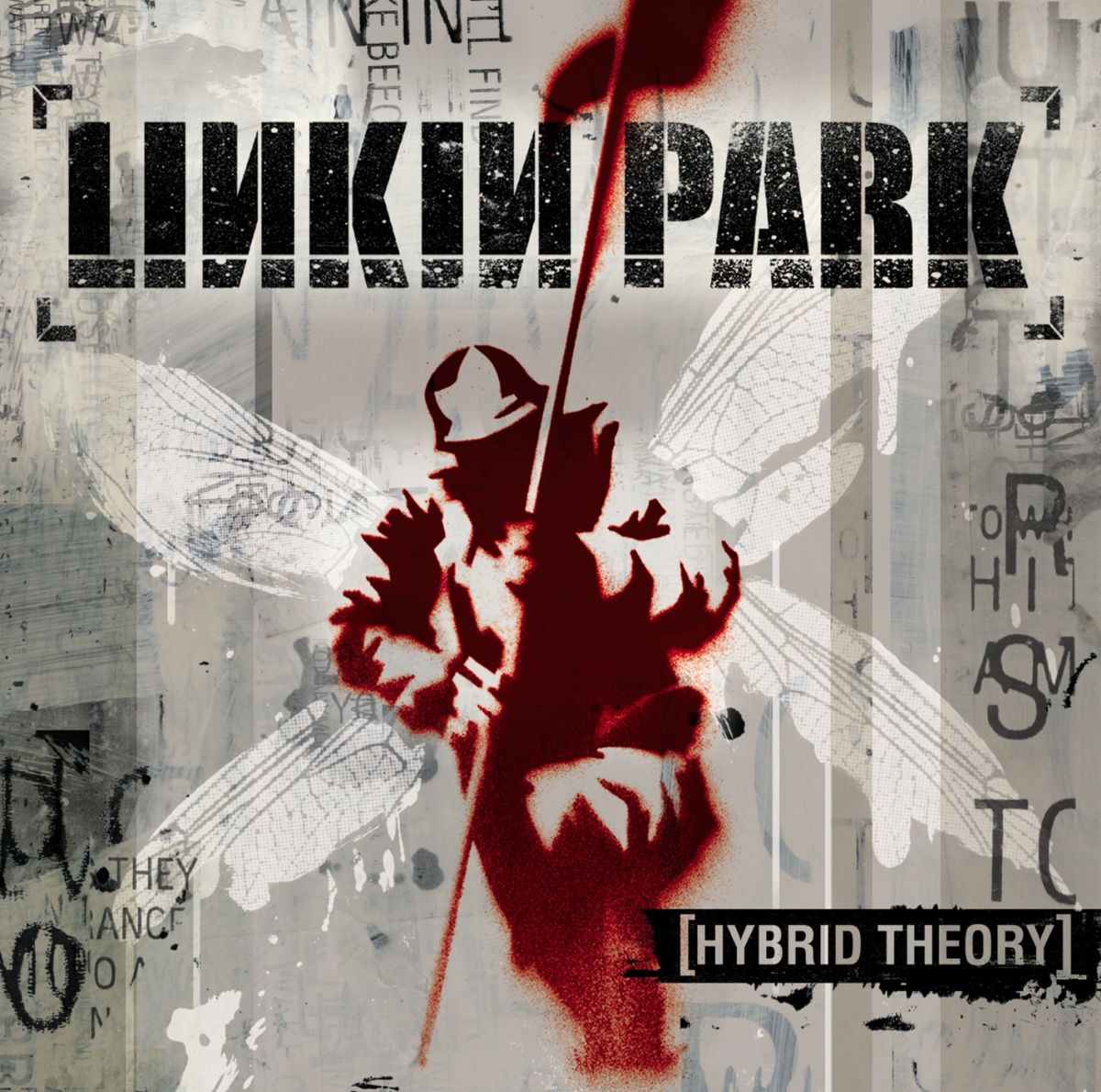I was 15 when Hybrid Theory was released in 2000. At the time, I was already heavily into nu-metal. How heavily? Well, I was basically a walking nu-metal cliché. Baggy trousers? Check. Phat wallet chain? Check. Flame Shirt? You betcha. Thankfully I never got a red cap. I am not sure I could have ever lived that one down. To complete the image, though, I was a regular reader of Kerrang (which back then was sneeringly dubbed the “nu-metal bible”).
It was in that magazine’s pages I first discovered Linkin Park. I was initially not impressed. Like many metalheads of the day, I viewed them with suspicion. They were too clean-cut, too poppy, too commercial. They were Johnny-come-latelys. There was also something entirely too packaged about them, which led them to be described as the “Backstreet Boys of metal.”
While not all of this criticism was entirely unjust, it was a little over-the-top in some quarters. Plus, while it wasn’t obvious to me at the time, it is easy to see now how much of the sneering criticism from certain quarters of the metal fanbase had a sinister homophobic undercurrent with many suggesting the music lacked “balls” – never a great metric to rate music on.
So what of the music? At the time, I may have been slightly put off by the super-slick production and poppier vibes. But even back on the first release, I would have grudgingly admitted there was something to the album. It was certainly hard to deny how catchy the singles were. Particularly the opening one-two punch of Papercut and One Step Closer, the latter containing one of the ultimate disaffected teen refrains: “Shut up when I’m talking to you.” It is amazing to think how many of the tracks on the album became established nu-metal anthems. On top of that opening two, you also had Crawling, In the End, and Points of Authority.
Equally surprising is how all those singles still hold up today. Sure, they are of their time and full of the much-mocked bratty adolescent ‘tude that coursed through the veins of most nu-metal hits. But that aside, they remain as catchy as ever.
Also, perhaps something I underestimated at the time, was how much of their appeal comes down to the vocal performance of the late Chester Bennington (who tragically committed suicide in 2017). Back in 2000, I was sniffy about his squeaky clean vocals, but over the years, I have come to appreciate a.) what a good singer he could be and b.) how much he gives those hit singles the emotional punch that elevates above the standard nu-metal fare.
The rest of the band isn’t bad either, mind. Mike Shinoda’s rapping is certainly a cut above the many lamentable efforts that plagued the sub-genre while Brad Delson throws out several memorable guitar hooks scattered throughout the record. Plus, the turntable stylings of Joe Hahn, for the most part, fit seamlessly into the band’s sound in the way that was not generally the case in nu-metal. And as I have mentioned everyone else, Rob Bourdon’s drumming is solid throughout. Just check his aggressive pounding on Runaway for evidence of this.
Granted, not everything works. Listening back, it is noticeable the significant drop off in quality outside of the singles (there is the odd exception). This is evidenced by the likes of With You, a relatively turgid industrial number. Or Cure For The Itch, which feels like it could be a DJ Shadow off-cut. Or the uber-whiny By Myself. The worst track, however, is My December (which was not actually on the original release but came out with subsequent bonus editions). It is the band’s attempt at balladry, not something that often goes right for metal bands. Suffice to say, it is treacly enough to induce a sugar coma, and the lyrics are laughably cornball.
Ah, yes, the lyrics. Now, nu-metal is not noted for its lyrical sophistication, and Linkin Park was no exception. Lyrically, the album rarely rises above “I am really angry, and I don’t why” teen-aggro. Sometimes, mixed with Bennington’s vocal, pounding drums, slick beats, and kickass guitars, this comes across as searing and impassioned. On weaker tracks, though, the lyrics can often stand out as laughable or annoying or both.
Delving back into this record, I thought my opinion of it might be significantly different. The funny thing is it hasn’t changed that much. I mean, after I got over my initial snobbery, I recognised this was a decent record. Certainly, not a classic one but a decent one with a handful of brilliant tracks. And that remains unchanged. Also, in many ways, time has been kind to the record, mainly as it totally avoids the misogynistic excesses associated with the scene. But also musically, it sounds less dated than some. Where my opinion changed, unsurprisingly, is I no longer relate to all the angst in the way I did back then. However, I relate to in a different way now as certain tracks, like One Step Closer, can’t help but provoke a level of nostalgia for my former nu-metal loving self.
Beyond mere nostalgia, though, Hybrid Theory is rightfully recognised as one of the cornerstones of nu-metal as well as representing the high watermark in Linkin Park’s career to this day.
